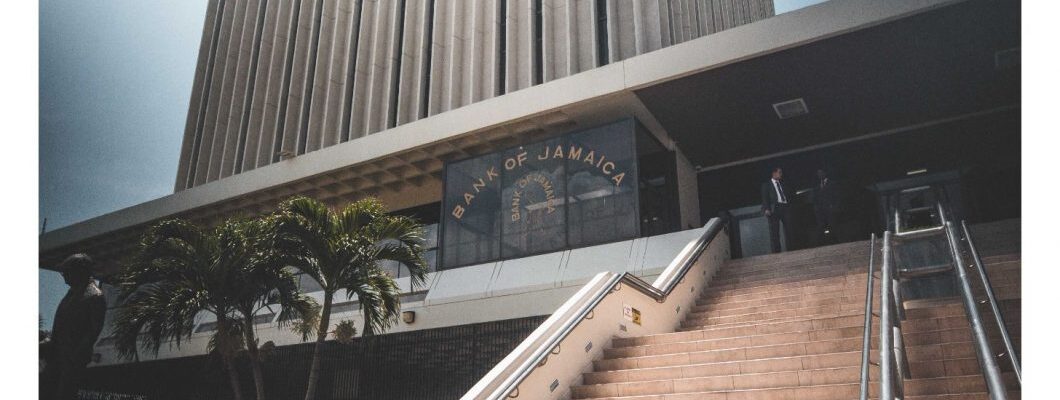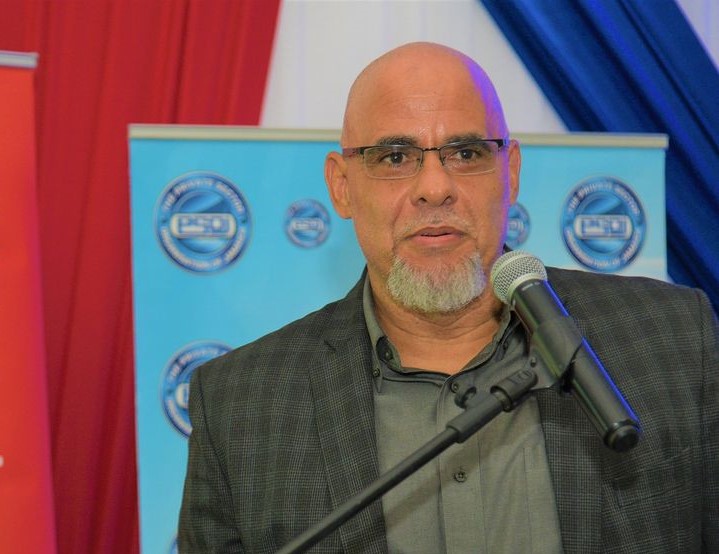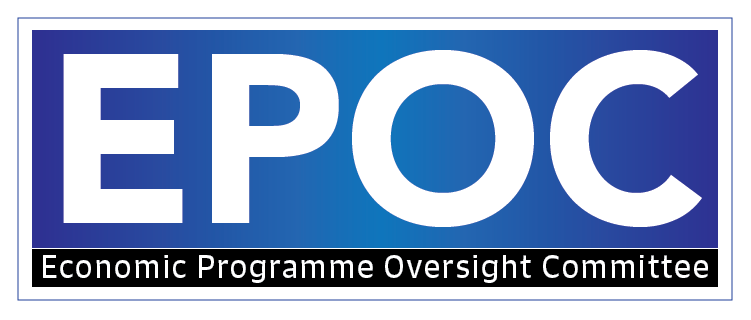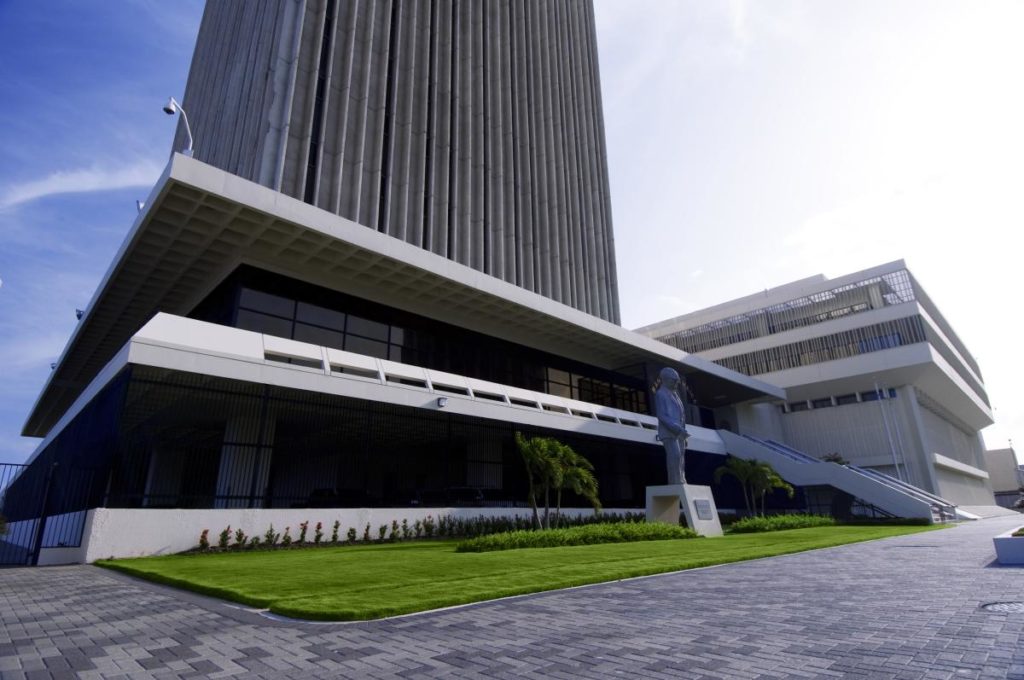

Chairman of the Economic Programme Oversight Committee (EPOC) Keith Duncan is recommending that the Bank of Jamaica (BOJ) consider lowering overnight interest rates from 7 per cent at its next Monetary Policy Committee later this month.
He cited the return of inflation within the central bank’s range and the historic level of the country’s net international reserves, which can be used as a buffer against foreign exchange rate risks, as reasons to revise interest rates.
“The BOJ can be proactive and look at reducing interest rates, armed with the healthy reserves [with which] exchange rate stability can be maintained because we do have healthy reserves so you can maintain exchange rate stability. Plus inflation is trending into range,” Duncan stated during the EPOC press briefing last Thursday.
Mulling interest rates

Increasing interest rates is one the tools the BOJ uses to prompt consumers to save more while reducing discretionary spending which drives up inflation. The BOJ has kept the overnight rate at 7 per cent since October 2022 when inflation climbed to 9.9 per cent.
At the BOJ’s last MPC meeting held March 26 and 27, the committee noted that it continues to hold the interest rate at its current level given that its projections show that inflation will remain out the range of 4.0 to 6.0 per cent over the remainder of 2024 and into 2025. The central bank also cited the second round impact of increased fares in public passenger vehicles as a driver of inflation.
Notwithstanding, the bank pointed to global macroeconomic drivers that contribute to lowering inflation, such as international commodity prices (including those for grains) and shipping costs.
Since the MPC meeting, the Statistical Institute of Jamaica has reported that Inflation for the month of March fell to 5.6 per cent, within the BOJ’s band.
An optimal policy mix

Duncan – arguing that the bank’s interest rate policy has achieved its goal of slowing down the rate of price increases – believes that the central bank needs to revise its “tight monetary policy” and instead consider an “optimal policy mix”.
He further noted that the high interest rate has created some “pressure” for businesses, which are now experiencing small profit margins, as Jamaicans shift investments into certificates of deposit (CDs).
Should the BOJ reduce the interest rate, Duncan said, “It would change the market dynamics and bring some relief to businesses and consumers, who could now reposition for investments in the economy.”
He added: “What are people doing now? Buying [into] fixed deposit [investments] and at high rates, buying Bank of Jamaica CDs which are ranging between 10 and 13 per cent on a 30 day CD. What you want those monies to be going to is into real investment into the economy and, therefore, we probably need to see that change in the optimal monetary policy mix…if we’re going to maintain macroeconomic stability.”
The EPOC chair pointed out that the flat year-on-year corporate income tax returns reported by the Government is an indication that businesses are constrained due to the high interest rates. Duncan estimates that lending rates to businesses and consumers is between 14 and 17 per cent.
“So when your [loan] interest cost as a business has increased, you can’t pass it on to customers,” he elaborated.
In February last year the central bank announced a one percentage point increase in the domestic and the foreign currency Cash Reserve Requirements (CRRs) applicable to deposit-taking institutions (DTIs), effective 01 April 2023. This was another measure aimed at curtailing inflation which, at that point in time, stood at 7.4 per cent.
The BOJ will make its next policy decision announcement on 20 May 2024.






Comments